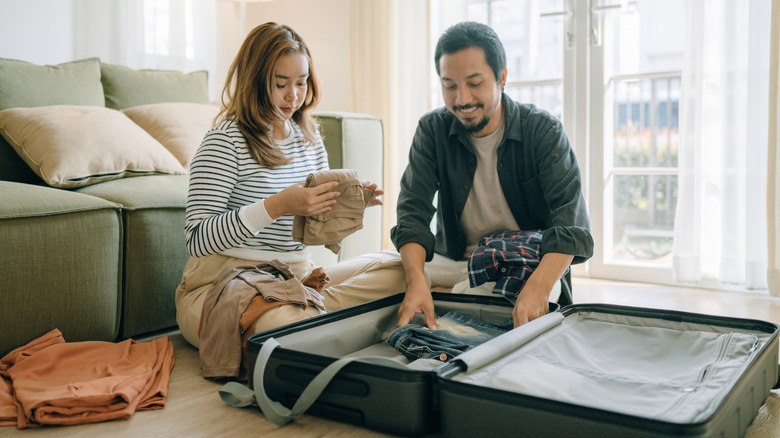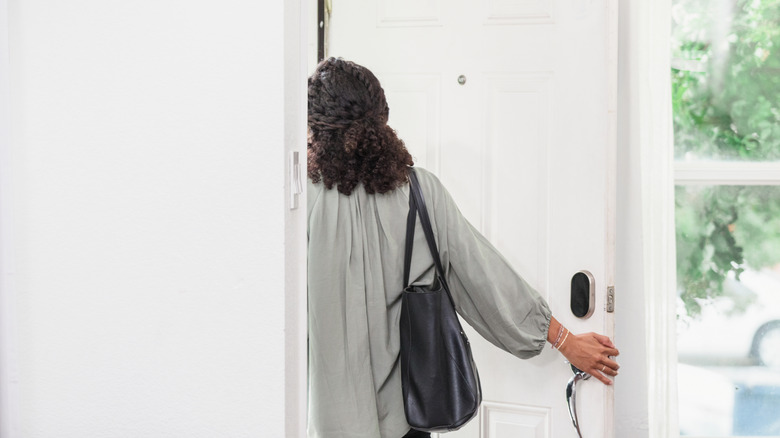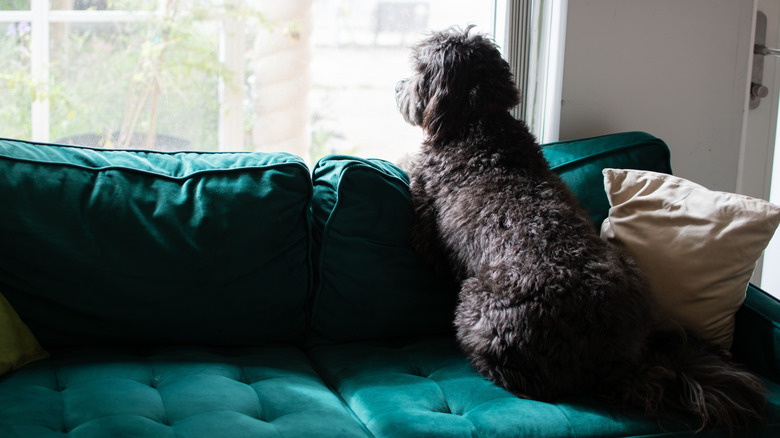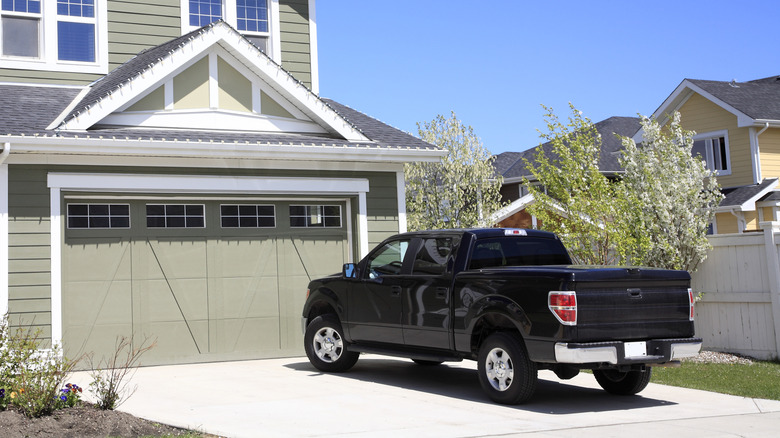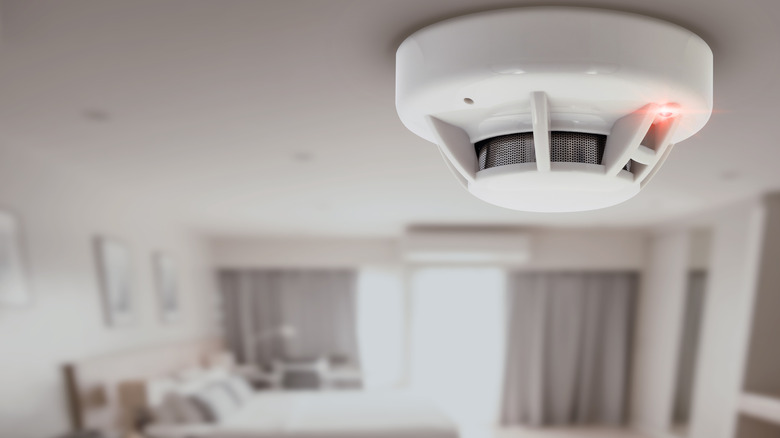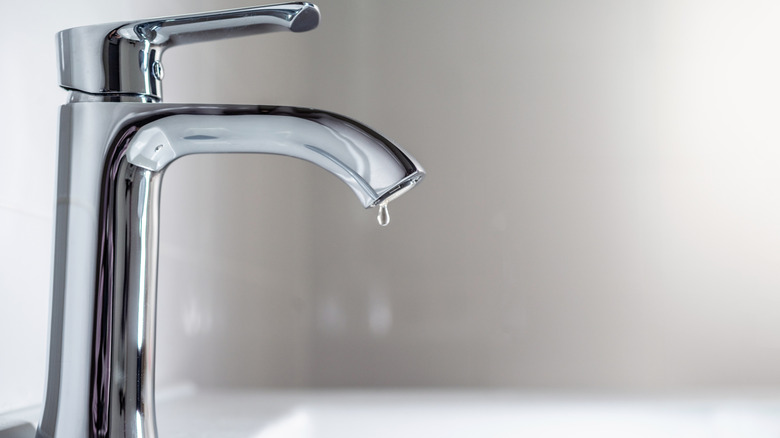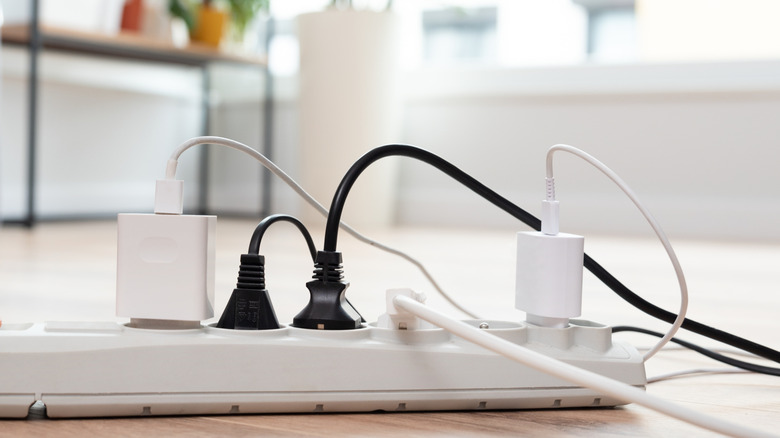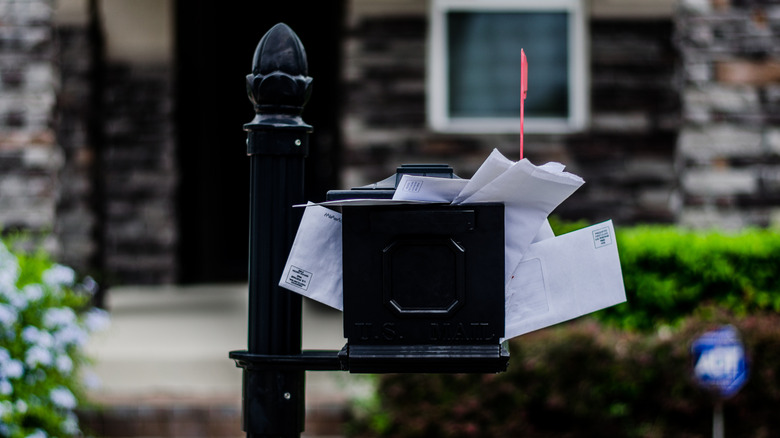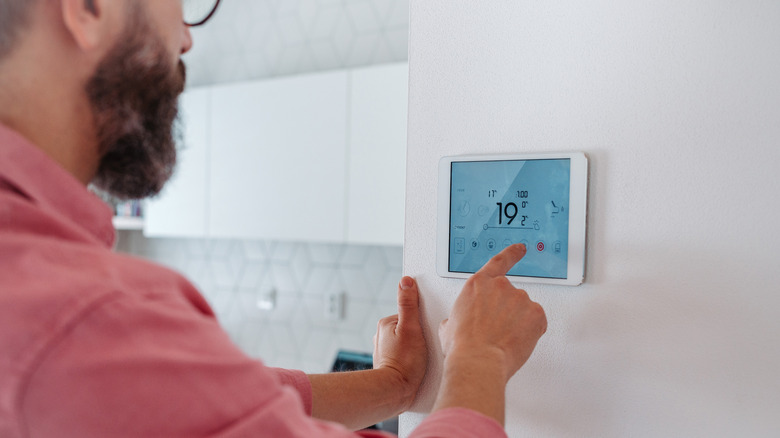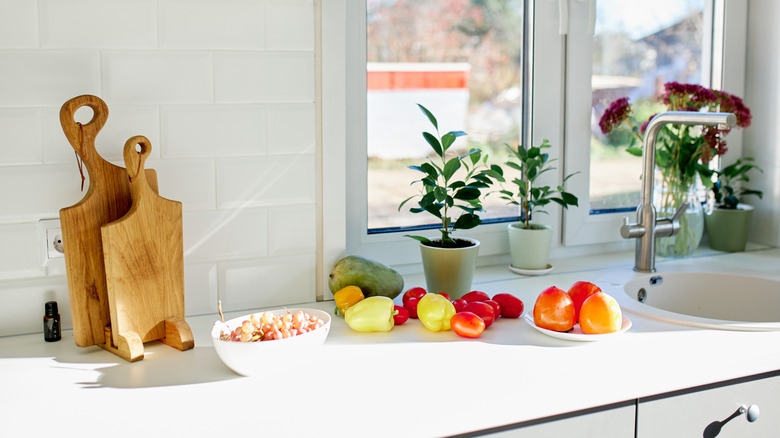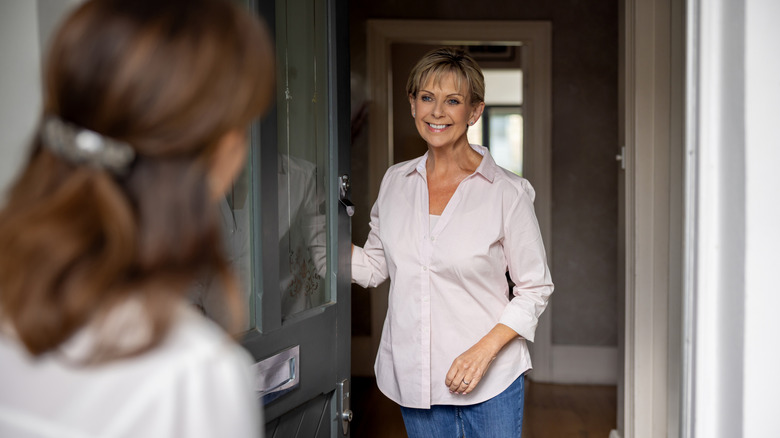11 Crucial Mistakes To Avoid When Leaving Your Home For A Vacation
We may receive a commission on purchases made from links.
Finally, you're able to relax and enjoy a much-needed holiday break from work. You decide to silence your phone notifications while tanning at the beach for the afternoon, blissfully unaware of multiple phone calls from your neighbor. Only upon reaching the hotel that evening did you check your missed calls, discovering that the fire department had been at your house (your worst nightmare). Was it a gas stove leak? a break-in? In a panic, you book the first flight home.
Crazy scenario, right? Unfortunately, it's more common than you think. Home insurance claims like theft and fire damage are typically higher during the holidays, a time when people are usually traveling and homes are unoccupied. Leaving electronics on or plugged in, doors unlocked, and pets at home are some of many crucial mistakes to avoid when leaving your home for vacation.
To ensure your home is safe while you're on vacation, it's wise to write a pre-travel checklist of preventative steps to take before hitting the road. Forgetting important tasks like turning off the stove or locking the door can not only ruin your trip but cause financial and emotional turmoil, too. Being proactive is the best way to avoid home disasters from striking. If you're planning a vacation soon, here are 11 crucial mistakes to avoid before leaving for your trip.
Forgetting to lock entryways and set alarms
You'd think this one would be a no-brainer, but in the rush of packing and racing against traffic, it's easy to forget to lock all doors and windows and set your alarm. According to the Bureau of Justice Statistics, about 40% of unlawful entries into unoccupied residents from 2003 to 2007 occurred because the offender entered through an unlocked door or window. Plus, forgetting to set your alarm system also won't alert you of that unlawful entry. It takes just a few minutes to do a final sweep of your house before you leave, double-checking all locks and ensuring your alarm system is active.
Leaving pets alone
No matter how pet-friendly you make your living space, leaving your furry friends home alone for an extended period can be stressful and even dangerous for them. Not only will they miss you terribly, but pets may also experience anxiety, separation issues, and even destructive behaviors. Accidents can also happen, such as a burst pipe, a fire, or a medical emergency. Ensuring your pets are properly cared for while you're away is the safest option. If pet boarding is too expensive, consider hiring a pet sitter or asking a trusted neighbor to check in on them regularly.
Oversharing home away plans, making your home a target
Before you start posting those lovely vacation photos on social media, think about what details are best to leave out. Over-sharing your travel plans — like the exact dates you'll be away and how long you'll be gone — can make your house a target for burglars. While a photo at your vacation destination may seem harmless, savvy criminals can use this information to time their break-ins while you're away. Keep a low-profile while away and wait until you're back home to share all the exciting details of your amazing trip. Privacy will work in your favor.
Leaving vehicles parked in the driveway
Leaving your car parked in the driveway while you're away can also make your home a target for thieves. It may seem like the right idea at first, but after many days of sitting in the same spot, they can advertise that no one is home after many days of not moving. Parking your car inside the garage (if you have one) can help deter burglars from your house, prevent vandalism, and protect your vehicle from the elements. So, before you head out for your vacation, remember to park your car in the garage and ensure it's locked.
Not checking smoke detectors
Another thing to remember before jetting off on vacation is to take the correct steps to test those smoke alarms. Smoke detectors are your first line of defense against fire, and ensuring they are working properly is crucial for your family's safety and property's protection. Some smoke alarm brands, like the X-Sense Smart Smoke Detector, even include real-time app notifications and fire dispatch, which can be a plus to stay up-to-date on what's happening while you're away. It's also worth it to take a few minutes to test each detector and replace the batteries if needed.
Forgetting to turn off water sources
What if you returned from a relaxing holiday trip to find your entire basement flooded? Forgetting to turn off your water supply at the main valve can lead to this and more, from a pipe burst to an overflowing toilet. Also, unlike a fire, water issues don't usually have alarm detectors. No one may notice the flooding until you return home, and by that time there may be significant water damage and mold growth. Turning off the water supply before you leave only takes a few seconds, and doing so can save you from a costly and stressful situation.
Not unplugging electronics
Leaving electronics plugged in while you're away is likely the most common habit, but it's not the best idea. They continue to draw power (even when turned off) and may overheat, which can pose a fire hazard. Not only that, but plugged-in electronics also lead to higher energy bills. The U.S. Department of Energy estimates that standby power can account for 5% to 10% of household electricity use. Always unplug chargers, laptops, and appliances before you head out. It's a small effort that can save you both money and peace of mind.
Allowing the house to look vacant
Allowing your house to look vacant is a common mistake that can make it a target for burglars. For example, an overstuffed mailbox, no lights on at night, and uncut grass are all signs that no one is home. It's important to make your house look occupied even when you're away. Ask a neighbor to collect your mail and newspapers, and keep your landscaping tidy. You can also invest in making your house a smart home that allows you to control your lights and other devices remotely.
Not adjusting the thermostat
Another mistake people make when leaving for vacation is forgetting to adjust their thermostat. Failing to do so can cause sky-high energy bills and it can overwork your HVAC system, as it will try to keep the temperature in your home comfortable. When you leave your house for an extended period, it's important to adjust your thermostat to a higher temperature, at most 85 degrees Fahrenheit, during warmer seasons and a lower temperature, not less than 50 degrees Fahrenheit, during cooler seasons. However, never turn the system off completely.
Leaving perishable foods in the fridge or on the counter
Imagine coming home to find your kitchen overrun by ants and an awful smell of rotting food. Not the welcome home you envisioned, right? Leaving food out is a major no-no. Perishables attract unwanted critters in the house (and can cause a pest infestation, which is a bigger problem than you think). Before you jet off, toss any leftovers in the trash, take out the garbage, and store perishables in the fridge or freezer. Don't forget about that decorative bowl of fruit, too. Trust us, your nose (and home) will thank you.
Not asking someone to watch the house
Even after taking all the precautions you can think of and checking off every task on the list, there's still always the possibility of something going awry. That's when asking a trusted neighbor or family member to keep an eye on your place makes sense. They can check for suspicious activity, ensure there aren't water and gas leaks, collect your mail, and of course, lock your doors. Plus, it's always reassuring to know someone has your back while you're enjoying your well-deserved break. Don't let a preventable disaster ruin your vacation; ask a friend or family member to help.
